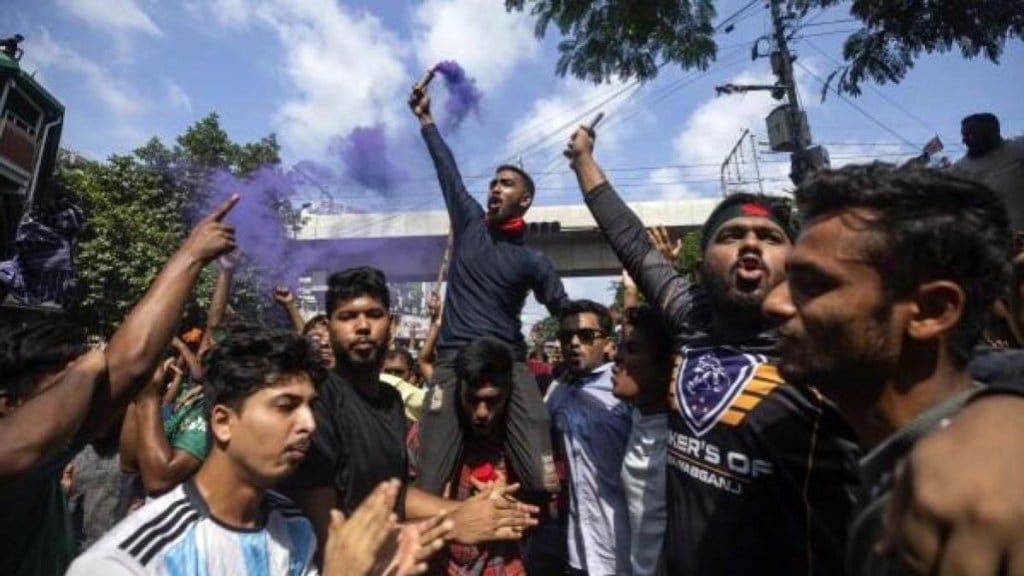Following the resignation and departure of Prime Minister Sheikh Hasina, authorities have closed Hazrat Shahjalal International Airport in Dhaka. The airport’s director, Group Captain Kamrul Islam, confirmed the suspension of all flights since 4:45 PM local time, with no instructions yet on when they will resume. The international airport will be shut for six hours, the Army said.
Hazrat Shahjalal International Airport is a key hub for both domestic and international travel, making its closure particularly disruptive.
What’s happening in Bangladesh?
Protesters have initiated a ‘Long March to Dhaka’ in defiance of today’s nationwide curfew, demanding Prime Minister Hasina’s resignation. Hasina has accused the demonstrators of “sabotage” and has cut off mobile internet access. The military has announced an indefinite curfew in response.
The airport closure comes after violent protests led to the fall of Hasina’s government. Hasina fled the country by helicopter as a mob stormed the prime minister’s palace on Monday evening. The Bangladesh Army has announced that an interim government will soon take charge.
The unrest stems from student protests against quota reforms, which escalated into violent clashes, resulting in at least 98 deaths on Sunday alone. The total death toll has risen to at least 300, according to police and doctors.
Amid the chaos, India advised its citizens on Sunday to avoid traveling to Bangladesh until further notice. In the latest update, Sheikh Hasina landed at the Hindon Indian Air Force base in Ghaziabad, near Delhi, around 6 pm today.
Internet restored in Bangladesh
Bangladesh telecom operator Grameenphone has restored 3G and 4G networks, re-enabling mobile internet access nationwide, Telenor told Reuters on Monday. Grameenphone had urged the government to restore services, maintaining voice and SMS connectivity throughout the political turmoil despite the mobile internet shutdown.
“Access to the internet is crucial for individuals and businesses across Bangladesh, who rely on it for fundamental day-to-day activities and access to essential services,” the Norwegian company said.
Telenor holds a majority stake in Grameenphone.
The Bangladesh operator had 85 million subscriptions at the end of June this year, according to Telenor.

